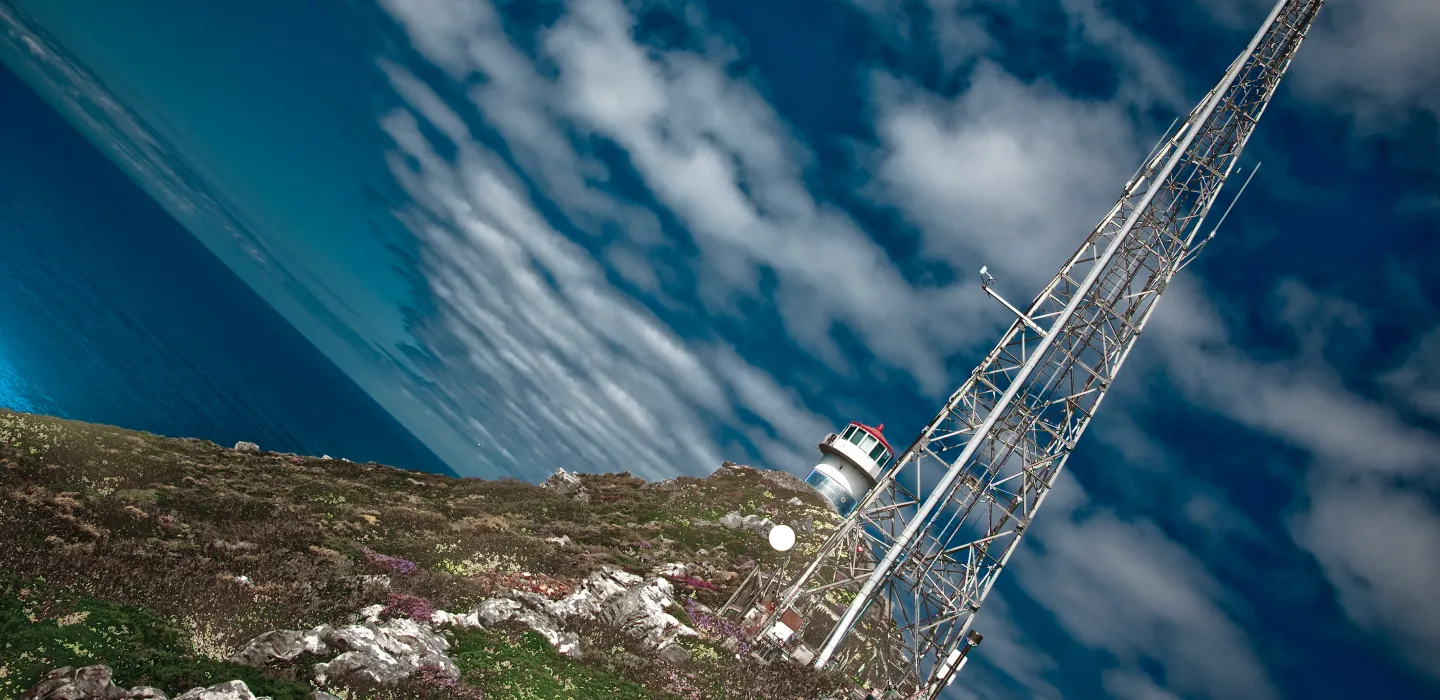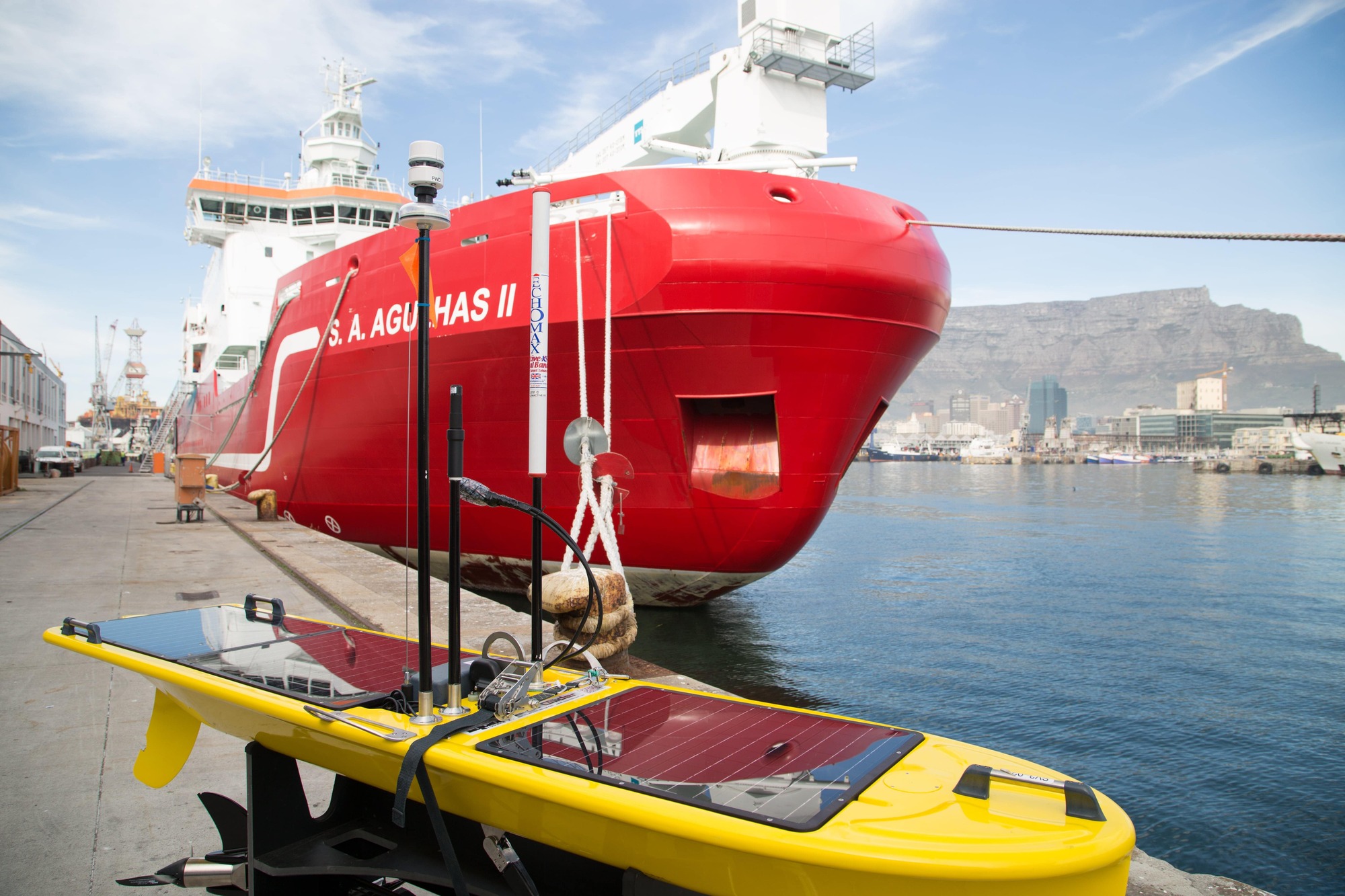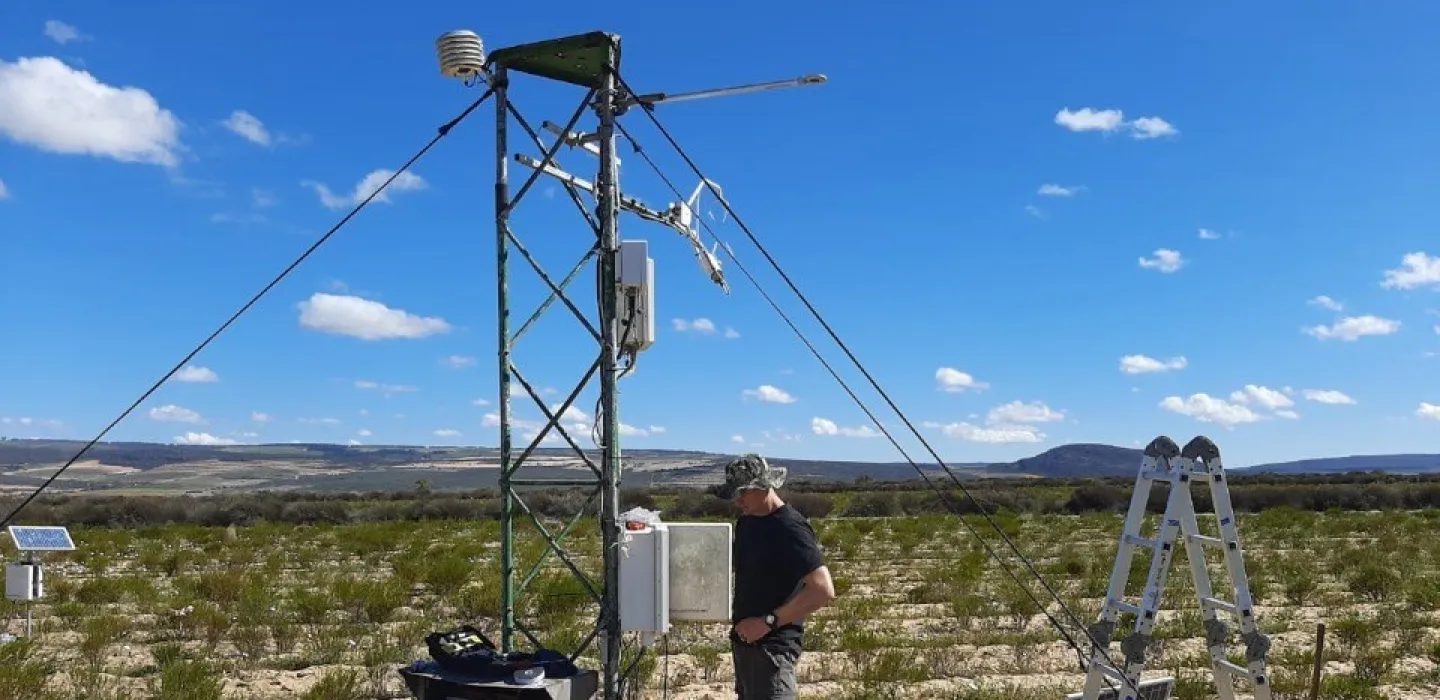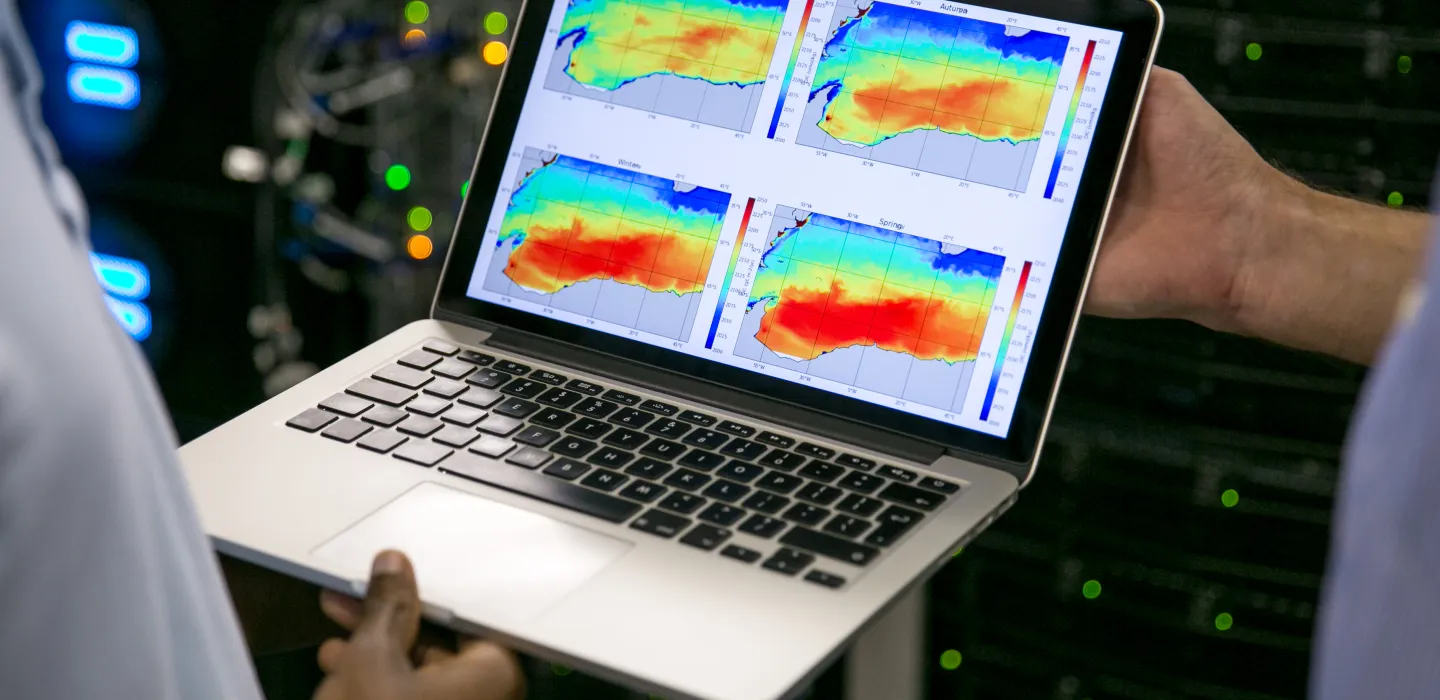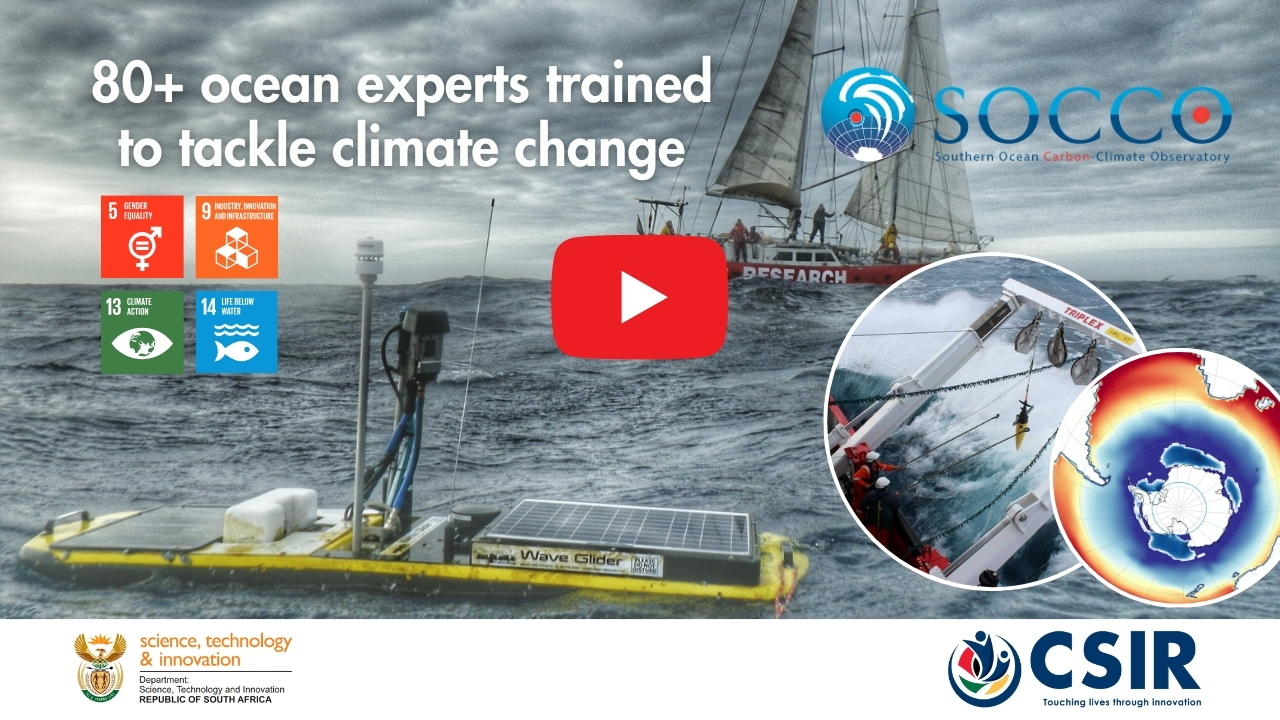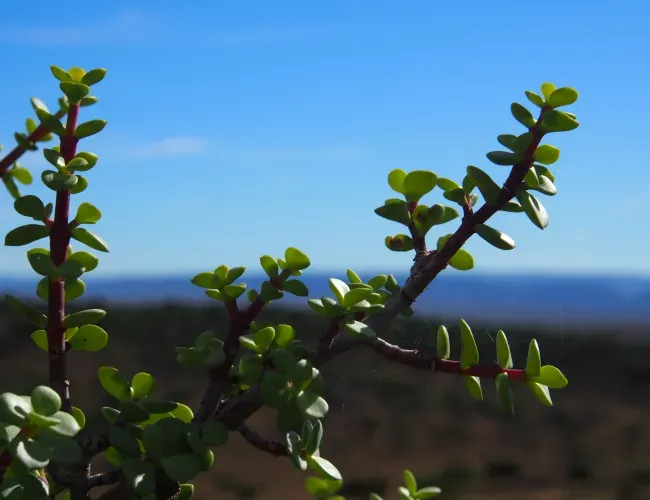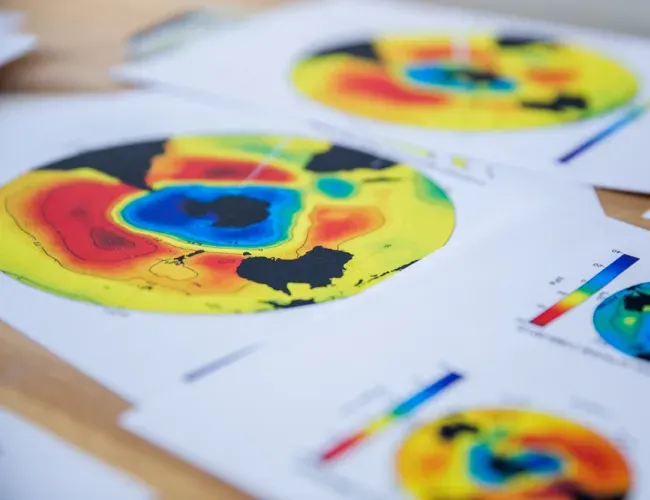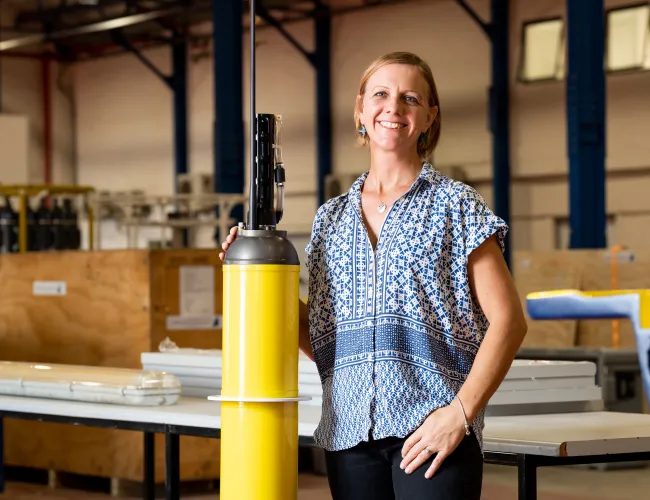What we do
Contact information:
Highlights
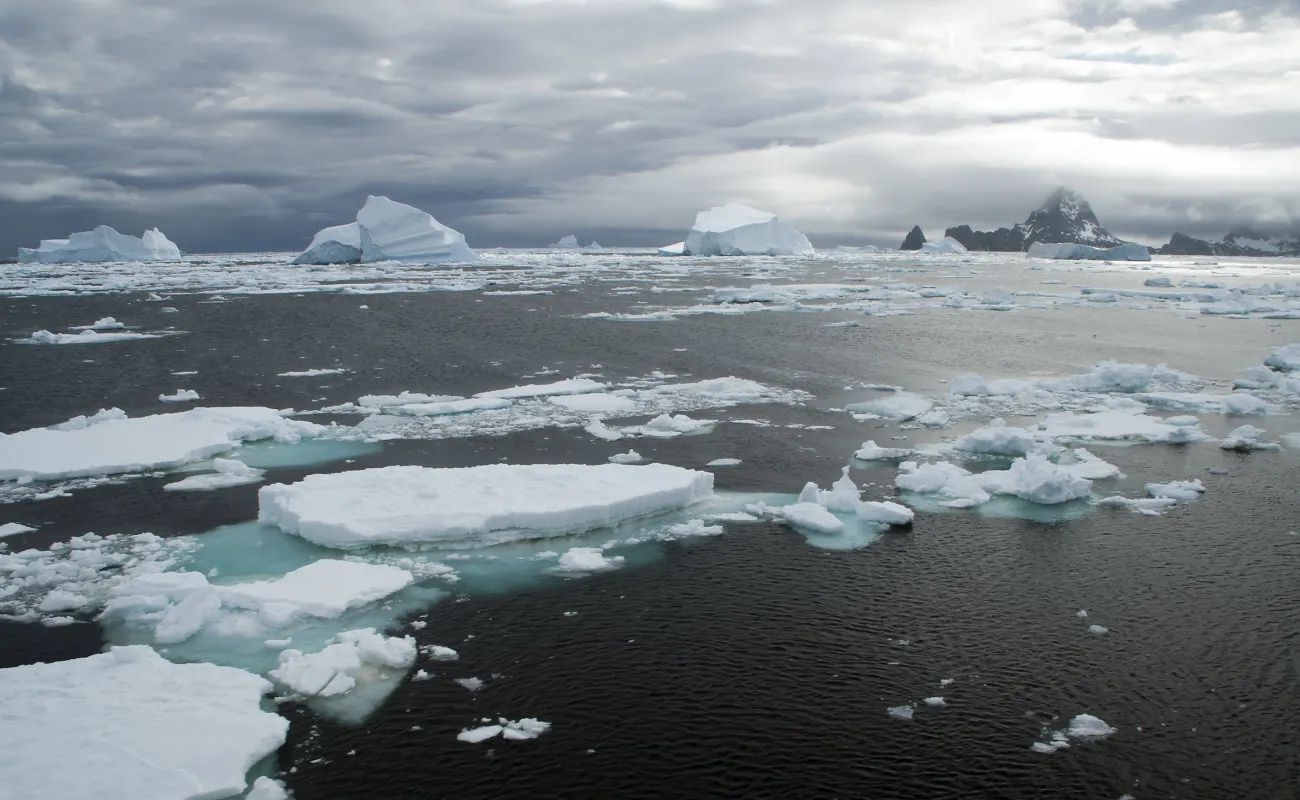
CSIR experts share their knowledge on the Southern Ocean in book on Antarctica
Researchers at the CSIR have contributed to a book that highlights the vulnerability of polar regions. “Antarctica in the Earth System” is a valuable resource for educators, students studying polar sciences, policymakers shaping climate strategies and researchers working to protect the fragile ecosystems of Antarctica and the Southern Ocean. Contributors from the CSIR-hosted Southern Ocean Carbon-Climate Observatory included Dr Sandy Thomalla and Dr Sarah Nicholson, with CSIR alum Dr Precious Mongwe and Dr Pedro Monteiro. The team authored a chapter titled, “The Southern Ocean Coupled Carbon and Climate Feedback Links to the Earth System: The Present – the Past – the Future.”
A new generation of ocean experts to tackle climate change
More than 80 ocean climate scientists, engineers and technicians have been trained in advanced robotics, modelling, satellite remote sensing, ocean chemistry and more, thanks to over a decade of investment in Southern Ocean climate research by the CSIR and the Department of Science, Technology and Innovation (DSTI).Watch.
Our research
